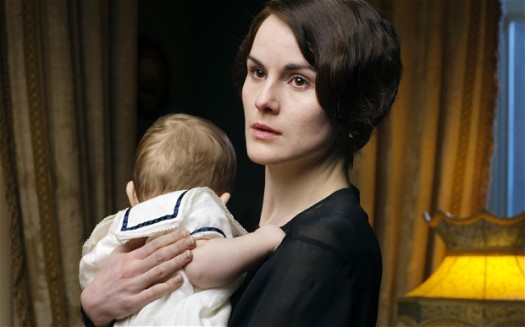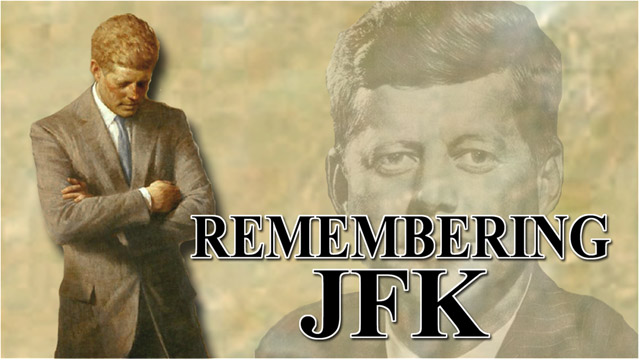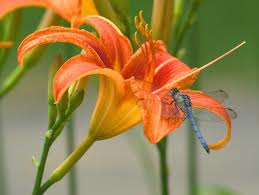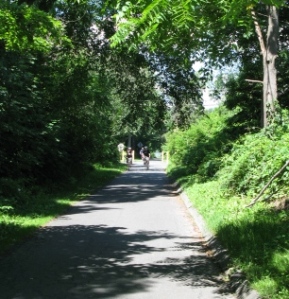 [The following is the sermon that was given today at the 8 AM Eucharist @ St. John’s Episcopal Church, Northampton, MA.]
[The following is the sermon that was given today at the 8 AM Eucharist @ St. John’s Episcopal Church, Northampton, MA.]
The scriptures for the 5th Sunday of EASTER, challenge us to consider the consequences of the resurrection for the church and for the world. The very first followers of the risen Christ were deeply comforted by his post-resurrection appearances but as time went on, they wondered what would happen next. They took Jesus at his word that he would return and that all creation would know the fullness of God’s life through faith in him. But by the time our Epistle from the Book of Revelation was written – approximately 95 AD – Christians were dealing with a world that didn’t seem all that redeemed.
The Temple in Jerusalem had been destroyed. The early Christians lived in fear for their lives and those who held to the faith in the face of persecution were brutally executed. This back-story can help us make sense of the Book of Revelation – a rich and fantastic text that has been greatly misunderstood.
There are good 3 good reasons why we tend to misunderstand Revelation.
1. It doesn’t get a lot of “play” in the lectionary.
2. It is part of a genre of literature known as apocalyptic. Our understanding of this ancient type of writing is limited but it was a very familiar type of literature in the ancient world.
a. Written in the midst of persecution, this type of literature was meant to give hope to God’s people – to remind them that good is always going to overcome evil.
b. Apocalyptic literature is a fiction that tells a great truth. God’s reign is begun. Through the death and resurrection of Jesus Christ, all who believe will be gathered into the glory of God’s eternal presence. Yes, there is suffering yet in this world, but it will pass away in the fullness of time. John’s inspired visions point to the fullness of God’s reign NOT to some literal timeline of end of the world. It is not, as some would have us think, the blueprint for Armageddon.
3. Popular culture shapes perception. In a former life I taught high school Theology. My students told me about a book – a real page-turner- called, Left Behind. The story was fictional but relied on very literal interpretation of the Book of Revelation. The scary, pre-apocalypse events included people just disappearing and others being, “left behind.” I told them that fiction has its place, but not to absorb the message of fear. We are the ones that have nothing to fear in Christ’s return. Christians wait with joy and hope for that great day.
The “new heaven” and the “new earth” described in Revelation 21 is real. It is the ultimate consequence of the resurrection. All creation has been redeemed. In God’s time, when this earthly project reaches its completion, everything will somehow reach existential wholeness in the cosmic Christ.
What exactly will that look like? We don’t know. We wish we didn’t have to wait. We wish we could see it now. We wish God would walk with us again as God did in the first garden. We wish death and mourning were truly a thing of the past.
The limitations of the redeemed creation are glaringly obvious to us:
- the disproportionate distribution of food and goods around the globe
- war in Afghanistan
- the Newtown shooting
- the Boston bombing
But some things are true and real even though they exist beyond our vision and beyond our senses.
God’s reign has begun. This is what we celebrate here each Sunday – Christ’s reign over sin and death and the victory over fear itself. We pray as if all these things are true and real because they are – even though God’s reign is partially hidden from our sight.
But, like the early disciples, we ask ourselves, “What do we do now while we’re waiting for Christ to come again?” The answer to that question is found in today’s gospel. John takes us back to the Last Supper so we can make new connections between the words of Jesus and the reality of the risen Christ. “Where I am going, you cannot go.” Jesus prepares them for the work ahead. He gives them their marching orders. “Just as I have loved you, you also should love one another.”
Love is the tangible sign of the reign of God. Love is the key to advancing the mission of the Church in the world. Love – not miracles or catchy slogans on a rubber bracelet – love. Just love.
Whom shall we love? One another. Everyone. In the Acts of the Apostles we hear Peter explain to the Jews that salvation is for every human being – even for the Gentiles! The vision Peter beholds transforms his own bias for the Chosen People.
God speaks through Peter the truth – the breadth and depth of Christ’s love for the whole world. This mammoth leap of faith gives the disciples the courage to go beyond their comfort zone and to take the “Good News” east, west, north and south. That is our charge – our work as adult members of this faith community. We are all students in the school of God’s love and our adult lives are shaped by this solitary task – loving one anther as Jesus has loved us. It may sound simple but it is a monumental work.
We are to love the nosy neighbor, the petty, competitive co-worker, even Yankee fans!
We are to love the faithful Muslims whose prayers rise up in our cities, the homeless who beckon from out street corners, and the violent criminals whose sins seem beyond redemption.
We try and fail all the time. But we succeed more than we fail at loving. And that love – given in purity and compassion – has a function in God’s plan. Our love is the sign for the world that God’s reign has begun in Christ and that all our sufferings are nothing compared to the joy that awaits us in the presence of our Creator. For now we can allow God to use us – in a good way. We know it when it happens – when we put our love at God’s disposal. With our cooperation the reign of God breaks through the often harsh and painful realities of the human condition. Christ uses us as his Body to heal, to reconcile and to bless. We are all part of the plan. God needs us – needs our love – to gather all the lost ones so that no one is ever “left behind.” There is no greater purpose.
EASTER joy and love to you all…
Vicki
 I’m still here. Sometimes, when it’s been weeks between posts, the longer it goes, the harder it is to start again. I think this has been the longest void. I decided this morning just to write – let my fingers go on the keyboard and share something of my life as I would if a friend came for tea. Much has happened and I think the sharing of my life is almost as important as the sharing of my faith.
I’m still here. Sometimes, when it’s been weeks between posts, the longer it goes, the harder it is to start again. I think this has been the longest void. I decided this morning just to write – let my fingers go on the keyboard and share something of my life as I would if a friend came for tea. Much has happened and I think the sharing of my life is almost as important as the sharing of my faith.







